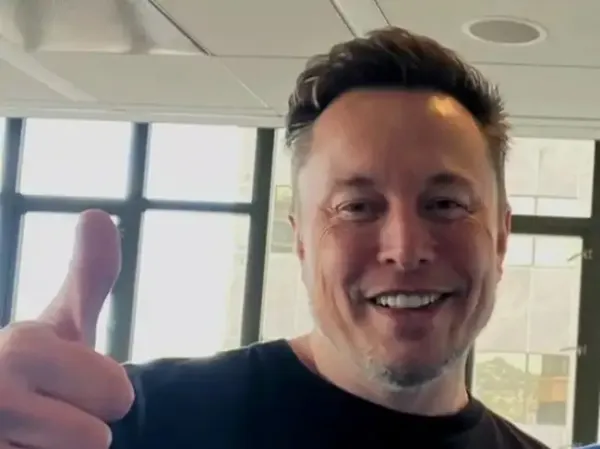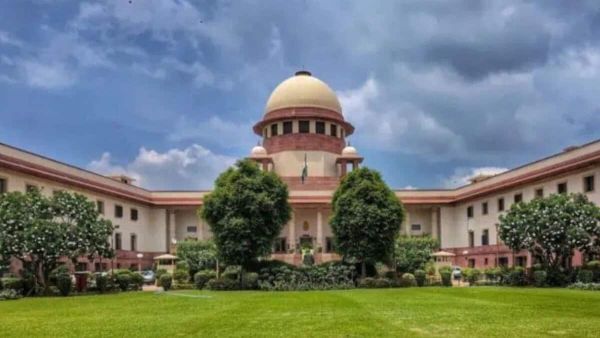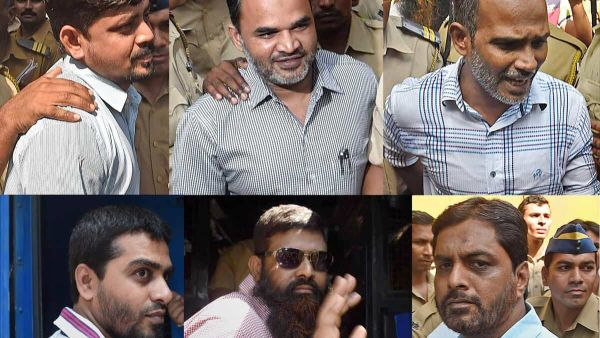Tesla CEO Elon Musk, signalling a shift in his stance on artificial intelligence, admitted he had been in denial about the technology.
In a post on X, he said, “I resisted AI for too long. Living in denial. Now it is game on.” His “game on” remark suggests a more competitive mindset as the AI race heats up.
His comment was in response to a post by Mario Nawfal, who quoted Nvidia CEO Jensen Huang. Last year, Huang had called Musk a “superhuman” after Musk’s company, xAI, built one of the fastest AI-training supercomputers, named "Colossus".
Huang was all praise for how xAI managed to install 100,000 Nvidia H100 chips in just 19 days, a process that should have taken years.
Although Musk was an early investor in AI, he’s also been one of its most outspoken critics. Back in 2014, he went on record and described AI as “our biggest existential threat” and warned that encouraging its growth was like “summoning the demon”.
However, that mindset appeared to shift when he co-founded OpenAI in 2015 with his now-arch-nemesis, Sam Altman, who serves as the company’s CEO today. After leaving due to leadership tussles, Musk went on to launch his own AI startup, xAI, in 2023.
His comment comes at a time when tech companies are racing to develop more advanced language models and build the infrastructure needed to support them. The focus is now on achieving artificial general intelligence (AGI), which matches human-level thinking, or even superintelligence, which would surpass it.
Taking a step in that direction, OpenAI recently launched an AI agent for ChatGPT, designed to complete complex tasks autonomously.
In a post on X, he said, “I resisted AI for too long. Living in denial. Now it is game on.” His “game on” remark suggests a more competitive mindset as the AI race heats up.
His comment was in response to a post by Mario Nawfal, who quoted Nvidia CEO Jensen Huang. Last year, Huang had called Musk a “superhuman” after Musk’s company, xAI, built one of the fastest AI-training supercomputers, named "Colossus".
Huang was all praise for how xAI managed to install 100,000 Nvidia H100 chips in just 19 days, a process that should have taken years.
Although Musk was an early investor in AI, he’s also been one of its most outspoken critics. Back in 2014, he went on record and described AI as “our biggest existential threat” and warned that encouraging its growth was like “summoning the demon”.
However, that mindset appeared to shift when he co-founded OpenAI in 2015 with his now-arch-nemesis, Sam Altman, who serves as the company’s CEO today. After leaving due to leadership tussles, Musk went on to launch his own AI startup, xAI, in 2023.
His comment comes at a time when tech companies are racing to develop more advanced language models and build the infrastructure needed to support them. The focus is now on achieving artificial general intelligence (AGI), which matches human-level thinking, or even superintelligence, which would surpass it.
Taking a step in that direction, OpenAI recently launched an AI agent for ChatGPT, designed to complete complex tasks autonomously.








